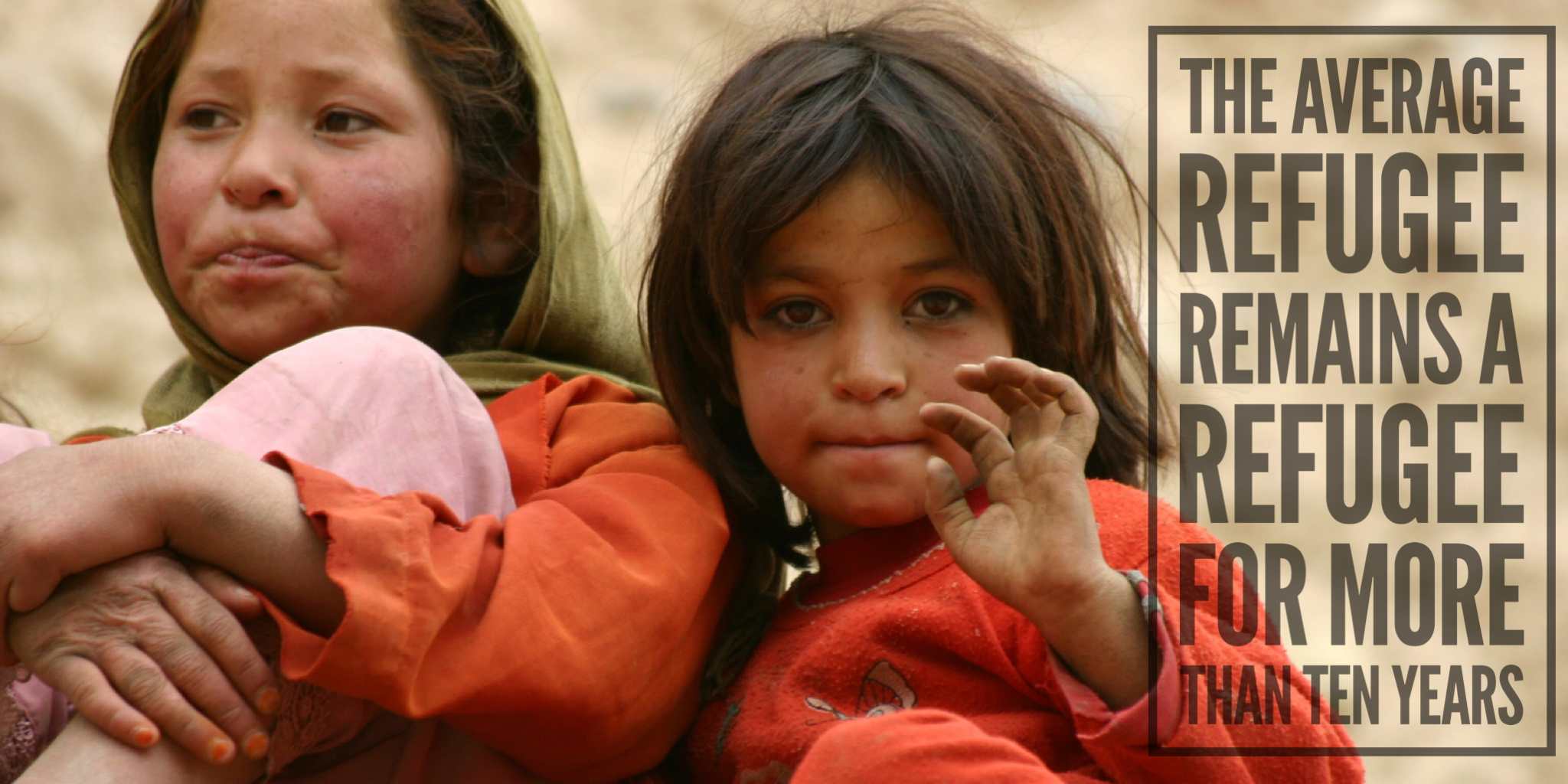Innovative health financing for refugees

External link
Original Article

Refugee and Displaced Persons | The Facts
- More than 65 million people are currently forcibly displaced and more than 22 million are refugees
- A refugee remains a refugee for more than 10 years
- Five governments contributed 65% of all humanitarian funds in 2016
- Five crises in 2016 took more than half of all allocated emergency funds
- Integrating refugees into national healthcare systems can benefit local populations if it’s done correctly
What Can Be Done
There are insufficient funds to address the number and complexity of humanitarian crises in the world. In addition to new sources, innovative financing instruments are needed.
In a new BMC Medicine paper, Center for Humanitarian Director Paul Spiegel and his co-authors propose a new Refugee Health Financing Model, or FinRef. This new model includes traditional and non-traditional partners, and incorporates different financial schemes to finance the acute phases of humanitarian crises. The model will also test different forms of health insurance as well as pay-for-performance arrangements in protracted settings.
Learn more about how to improve healthcare for refugees in a new article in BMC Medicine: ️
Spiegel et al. Innovative health financing for refugees. BMC Medicine.
Back to Top



